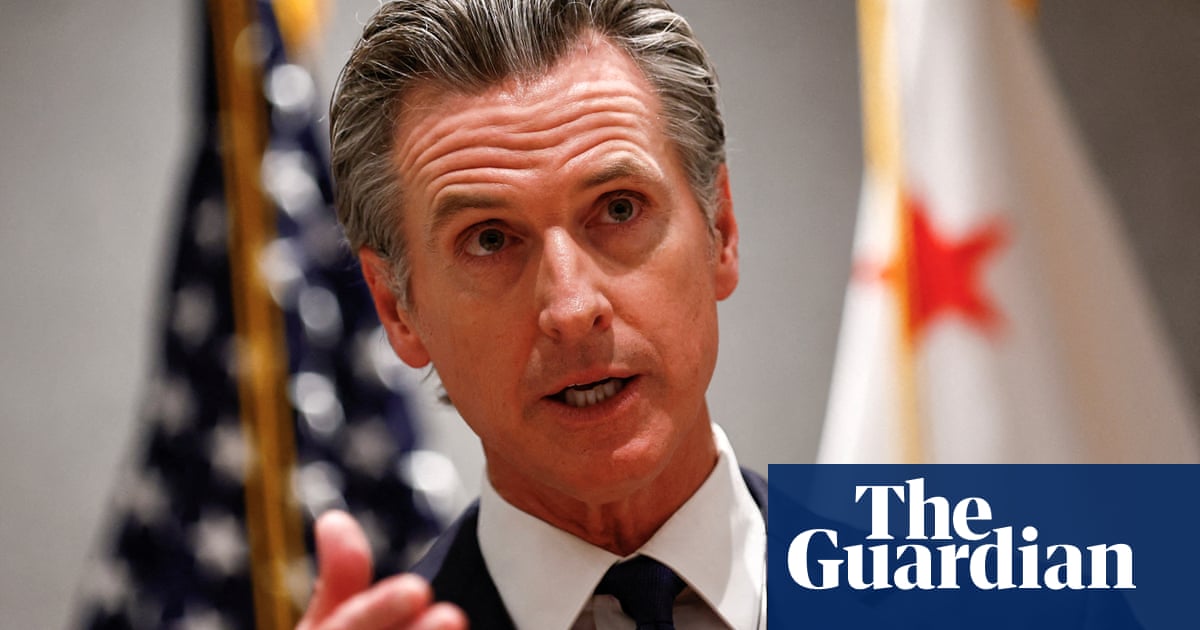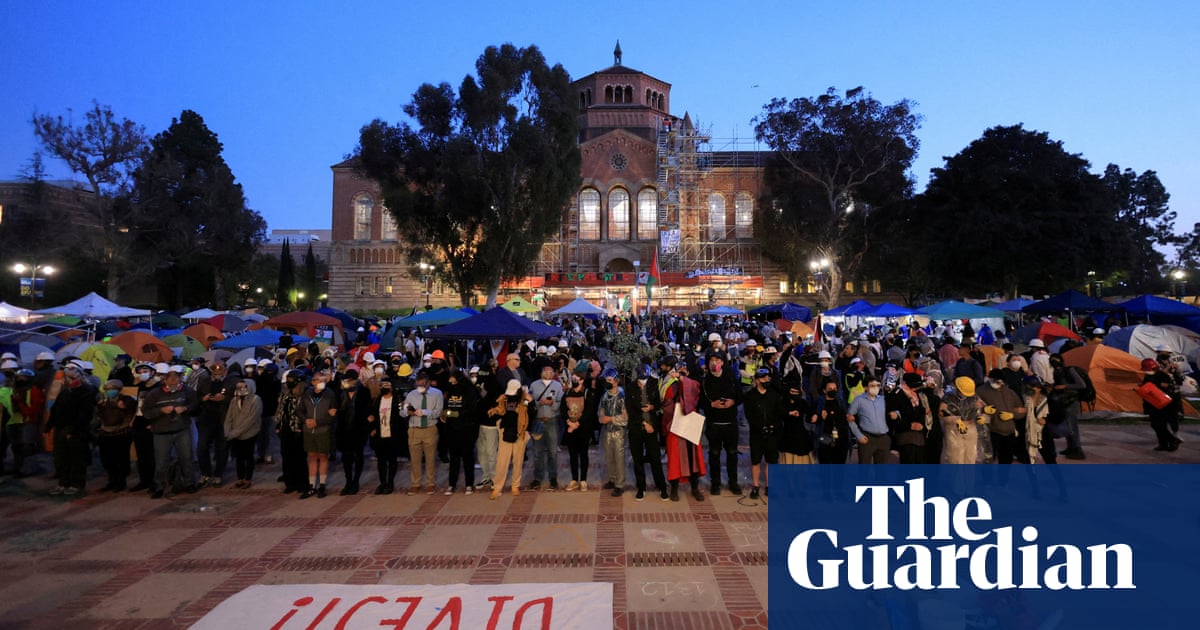Yesterday Kemi Badenoch said the Conservative government “got it wrong” on immigration, and promised a “strict numerical cap”.
We’ve been here before. In the summer of 2010, I was chief economist at the Cabinet Office. Not long after the election, I sent David Cameron an unsolicited paper about his pledge to reduce migration to the “tens of thousands”. It said that this would almost certainly present him with the unpalatable choice between deliberately damaging the UK economy and labour market, and conspicuously failing to deliver a high-profile political commitment. I suggested, gently, ways in which the target could be modified.
A brief note from his private office told me that Damian Green, the new immigration minister, had advised the prime minister not to worry – he (with the assistance of Migration Watch UK) had run the numbers. Unfortunately, their calculations were a combination of elementary errors and economic illiteracy. When asked about this on a recent BBC documentary, Cameron responded: “Jonathan Portes is a very intelligent man – but he didn’t agree with anything the government wanted to do, so he wasn’t the first person I was going to listen to.”
His loss, as it turned out. It was true I didn’t share his objectives – but I genuinely thought that, as a civil servant, it was my job to advise him that there might be better and less risky ways to achieve them. The rest of the story is well known: forced to choose, just as I had warned him, between economically damaging restrictions to skilled and student migration from outside the EU and repeatedly failing to hit his target, Cameron in effect chose first the former and then the latter. And when the UK labour market was opened to Romania and Bulgaria in 2014, the incompatibility of EU membership with numerical migration targets became even more obvious, leaving an open goal for Vote Leave.
Now, 14 years after Cameron’s pledge, eight years after the Brexit vote and almost four years since the end of free movement and the post-Brexit system, the latest immigration figures from the Office for National Statistics, covering the period up to June 2024, allow us to look back at the full record of what Badenoch describes as the Conservatives’ failures. The numbers show that the remarkable and unexpected increase in immigration flows that followed the pandemic and the introduction of the post-Brexit immigration system has now abated. The number of visas issued in the latest quarter was down a third on the previous year, with an especially large fall in the number of health and care visas, down by more than four-fifths.
So where next – and what lessons should this government learn from the failures of its predecessors? Most obviously, targeting immigration numbers, or even measuring the success of your policy by whether they go up or down, is setting yourself up to fail. There are just too many factors, economic and geopolitical, outside the government’s control. Expecting better training and skills provision to reduce the demand for migration is also risky: in dynamic and fast-growing sectors, both more and better-skilled resident workers and high levels of migration are likely to be needed. In other sectors, such as care, we need better funding and higher pay – but the obstacles are obvious.
The second is that policy must be informed by the long-term economics, as well as the short-term politics, of immigration. Restrictions won’t necessarily make Labour’s ambitions for growth unachievable, but they certainly won’t help, with in essence all labour-force growth over the past five years coming from migration. The UK’s most successful and productive sectors – especially professional and business services, which have been a bright spot amid recent economic gloom – rely heavily on migration to drive innovation and productivity. Nor will falling migration make it easier to improve public services, since new migrants not only help to staff key public services but pay in considerably more than they “cost” the state.
The third is the damage done by rapid and unpredictable policy swings, and the resulting unintended consequences. The previous government, by ending free movement, cut off a significant source of workers for the care sector. It then more than reversed this by liberalising care visas. Then, panicked by the numbers, it imposed restrictions on dependents specifically targeted at this disproportionately vulnerable group of workers. On student visas, Cameron and Theresa May abolished the “post-study work” visa. The Boris Johnson administration not only reintroduced it, but encouraged universities to market it aggressively. That, in turn, was undercut by new restrictions, now undermining the finances of the whole sector.
The fourth is the need for proper evaluation. Recent months have seen wild claims from the anti-immigration lobby – for instance, the Centre for Policy Studies’ entirely baseless speculation that only 5% of new migrants are in “high-wage” jobs. In fact, the evidence to date suggests that the very large cohorts of new non-EU entrants in 2022 and 2023 are seeing relative earnings similar to or higher than their predecessors in most of the pre-pandemic period. But the data, and hence the analysis, is still patchy and preliminary. After the turbulence of the past few years, it would make sense to invest the time and money needed to work out what has worked well and what hasn’t, before changing it yet again.
Finally, the government needs a coherent narrative that convinces the public that migration is controlled and is working in the interests of the country. This won’t be easy, but nor is it as hard as it sounds. After the failures of the past 14 years, some honesty – not making pledges that can’t, won’t or shouldn’t be kept – will go a long way. Many Britons recognise the economic benefits of migration and the value of integration for us and new arrivals, and want to see that made to work better. When it comes to immigration, that is what “fixing the foundations” would mean.
-
Jonathan Portes is professor of economics and public policy at King’s College London and a former senior civil servant

.png) 3 months ago
32
3 months ago
32













































